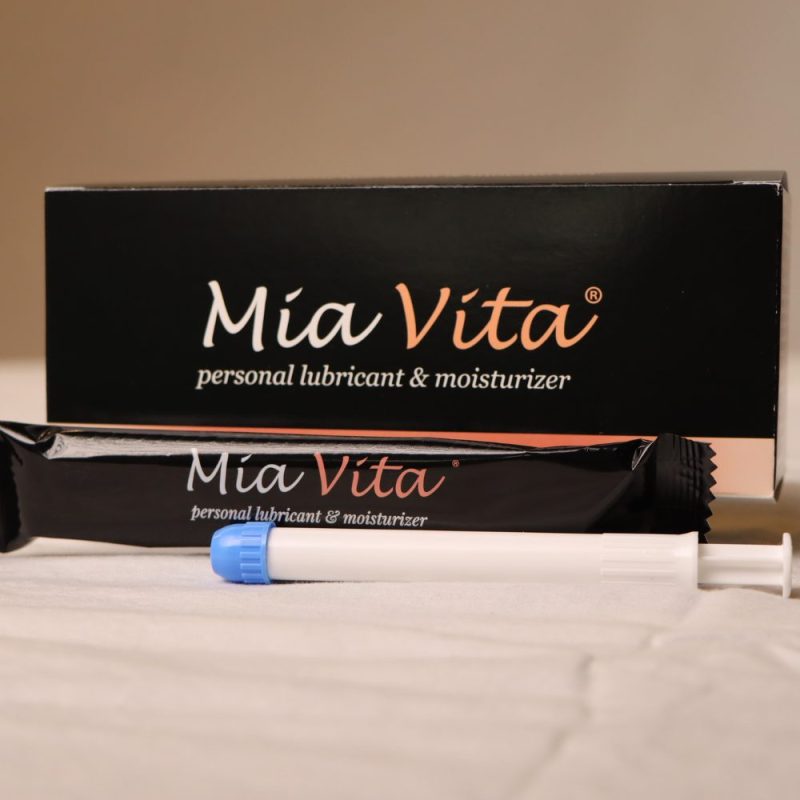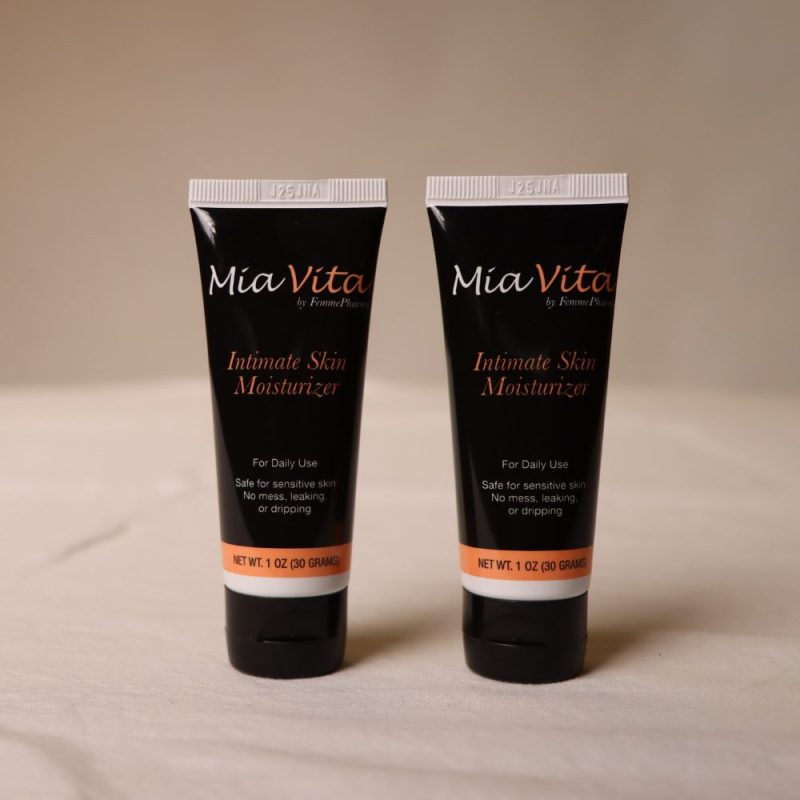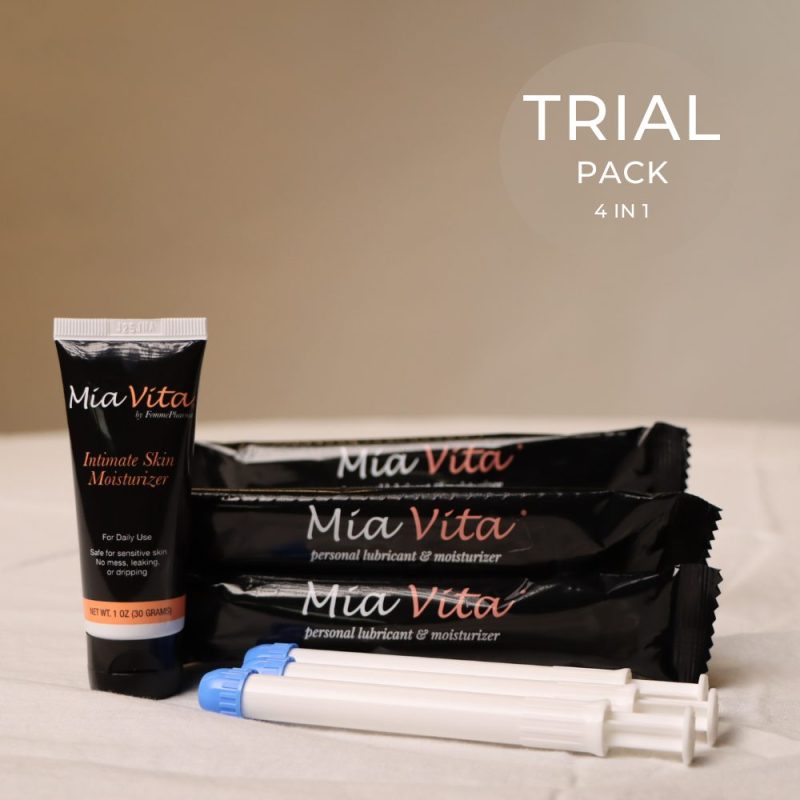Few women’s health treatments elicit such strong reactions as hormone replacement therapy (HRT). Some healthcare professionals cite its risks as too high for any woman, yet others tout the symptom reduction menopausal women experience on HRT as worth the supposed risks.
Why the division? Results of a 2002 study by the Women’s Health Initiative (WHI) that cited HRT increases risk for certain cancers and heart disease prompted women to stop taking HRT. However, years later, researchers found much of these initial findings an overgeneralization and that HRT can be quite helpful for some women.
In the meantime, with few other effective menopause relief options on the market, women began turning to new, alternative forms of hormone therapy, including bioidentical hormone pellet therapy. But what makes these hormones different from traditional synthetic HRT, if at all, and what risks accompany the use of hormone pellet therapy to treat menopause?
What is bioidentical hormone pellet therapy?
To understand bioidentical hormone pellet therapy, we must first break down the treatment into two parts: bioidentical hormones and pellet therapy.
Bioidentical hormones come from plants that mimic our reproductive hormones. But to make these substances usable for humans, they must first undergo processing in a lab. The Food and Drug Administration (FDA) approved some bioidentical hormones, like progesterone and estradiol, but not all.
Pharmaceutical companies can take these plant hormones and create compounded hormones, a combination of one or more bioidentical hormones that can also include testosterone, estriol, and pregnenolone for individual use. Compounded hormones are not FDA-approved. However, some pharmaceutical companies use “bioidentical” as an umbrella term that includes compounded hormones, even though the two fall under separate FDA distinctions.
You can receive bioidentical hormones via oral, nasal, vaginal, transdermal, and subcutaneous pathways. Hormone pellet therapy, a subcutaneous option, involves making a small incision near your hip and inserting one or a few tiny pellets that contain bioidentical or compounded hormones just under the skin. The pellet dissolves in about three to six months and releases the hormones into your bloodstream.
Today, hormone pellet therapy is not FDA-approved for menopause treatment. Only certain bioidentical hormones and modes of taking hormones to treat menopause-related symptoms are FDA-approved. Most notably, there is no form of testosterone hormone replacement that is FDA-approved to treat menopause symptoms, which often comes as a surprise.
What are the risks of bioidentical hormone pellet therapy?
Bioidentical hormones are often touted as a natural alternative to synthetic hormones and, as a result, safer. More women turned to bioidentical hormones as an alternative form of menopause following the publication of the 2002 WHI study. Yet few studies exist that demonstrate the efficacy or safety of one over the other. As noted above, even bioidentical hormones must undergo processing in a lab and, as such, are not entirely “natural.”
Compounded hormones, often used in hormone pellet therapy, can vary significantly in quality and amount of hormones included in each pellet. Some reports found certain hormone pellets only contained a fraction of what the hormones they purported to include. The risks are higher for such incidents since they are not regulated by the FDA.
A separate study discovered that adverse side effects among women who took pellet hormone therapy were higher than in women who took FDA-approved hormone therapy. It’s also worth emphasizing that once a woman receives a pellet, it cannot be removed, which prevents reversing unwanted side effects like period changes or nausea. For instance, a woman may receive too much or too little of a particular hormone but cannot remove the pellet to stop the ensuing side effects.
One scientific review found “that 1 million to 2.5 million US women aged 40 years or older used compounded hormone therapy, and the data suggests that many women are unaware that compounded hormones have not been evaluated by the FDA.” The lack of regulation also applies to advertising, and some pharmaceutical companies make false claims and statements about the efficacy of their products to improve sales.
Are there any benefits of bioidentical hormone pellet therapy?
Since pellets are supposed to release more even amounts of hormones than other types of hormone therapy, they may provide more stable symptom relief. Hormone pellets intend to help balance hormone levels and reduce menopause-related symptoms like brain fog, hot flashes, fatigue, and vaginal dryness. But most reported benefits of bioidentical hormone pellet therapy come from small studies and companies that produce bioidentical hormone treatments for women.
Should you try bioidentical hormone pellet therapy?
Opinions differ on whether bioidentical hormone therapy, including pellet therapy, should qualify as an effective treatment for menopausal women. However, the ACOG recommends not prescribing bioidentical hormone replacement therapy “when FDA-approved formulations exist” and cites not enough information and data as a primary concern regarding pellet therapy. We need to see more regulation, research, and innovation to understand bioidentical hormone pellet therapy’s impact better and develop safer, more controllable iterations.
Women may want to consider bioidentical hormone pellet therapy due to its individualized nature but overlook the many FDA-approved or FDA-cleared options available that are also customizable for individual cases and symptoms. It’s a good idea to discuss all the options available to you with your provider, the benefits and risks of each, and which are best suited for your needs and symptoms.
FemmePharma has been helping women navigate menopause for over two decades. No matter where you are in your journey, you deserve to have knowledgeable, intimate healthcare partners to help you feel your best. Explore our other articles, podcast episodes with women’s health experts, and products to ease your transition into menopause.



